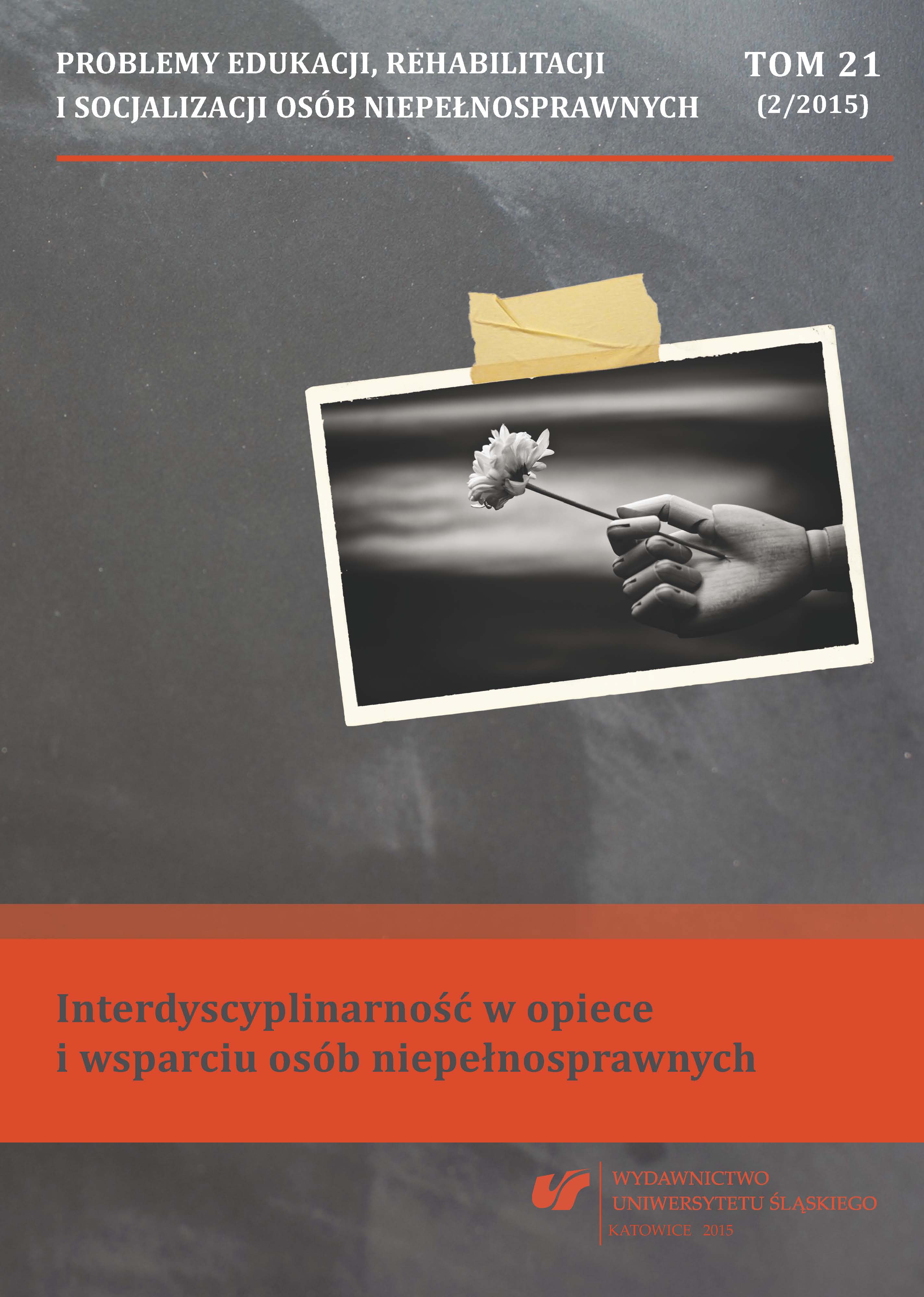Bariéry, na ktoré narážajú ľudia so sluchovým postihnutím v Slovenskej republike
The barriers that people with hearing impairment in the Slovak republic are facing
Author(s): Pavol Beňo, Silvia Capíková, Ingrid JuhásováSubject(s): Communication studies, Health and medicine and law, Welfare services
Published by: Wydawnictwo Uniwersytetu Śląskiego
Keywords: people with hearing impairment; communication barrier; debarrierization; social services; health care system; on-line interpreting
Summary/Abstract: The paper is focusing the barriers that people with hearing impairment - as a specifically disadvantaged population group - are facing in their daily life in the contact with hearing majority in the Slovak Republic in comparison to the Czech Republic. The main barriers are identified as: communication (language) barrier, information, technical, psychogenic and legislative barriers. Overcoming of the communication barrier in both Slovak and Czech Republic is very difficult due to the shortage of qualified sign language interpreters. However, in the Czech Republic, these problems are rather successfully solved by use of progressive social services based on information technologies, such as: on-line interpreting, silent channel service, or simultaneous writing of the speech. In comparison, the use of such services is underdeveloped in the Slovak Republic. The current situation is characterised by high fragmentation and lack of cooperation between various groups representing people with hearing impairment, as a result the situation of all people with hearing impairment in the Slovak Republic became more problematic. Amendments of legislation on social services have not improved, but have made more difficult the situation in the social consulting. Other problem in the Slovak Republic is lack of appropriate legal determination or definition of tools for overcoming of the communication (language) barrier in the national legislation, and the existing legislation is difficult to implement and to enforce.
Journal: Problemy Edukacji, Rehabilitacji i Socjalizacji Osób Niepełnosprawnych
- Issue Year: 2015
- Issue No: 21
- Page Range: 73-84
- Page Count: 12
- Language: Slovak

